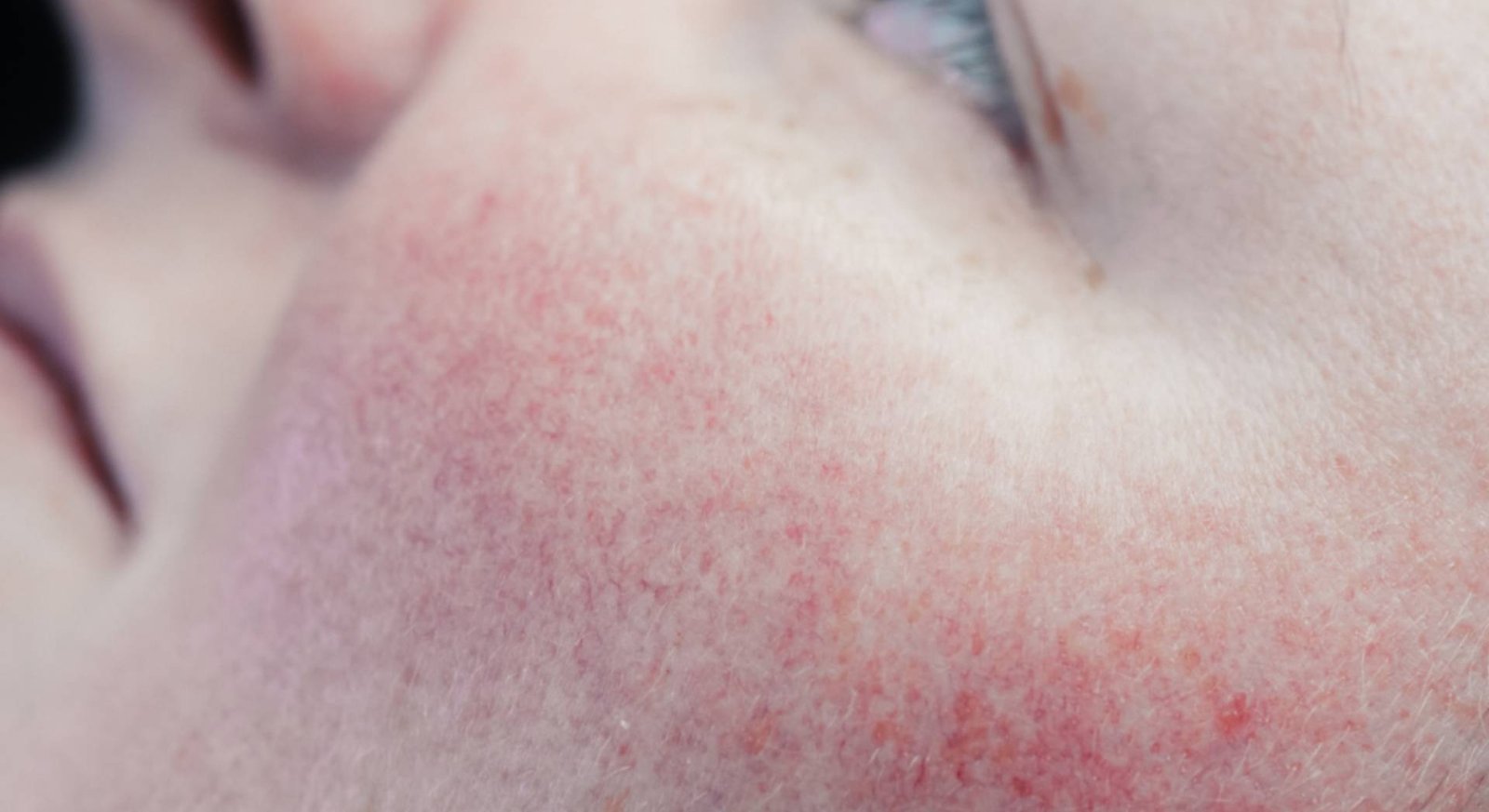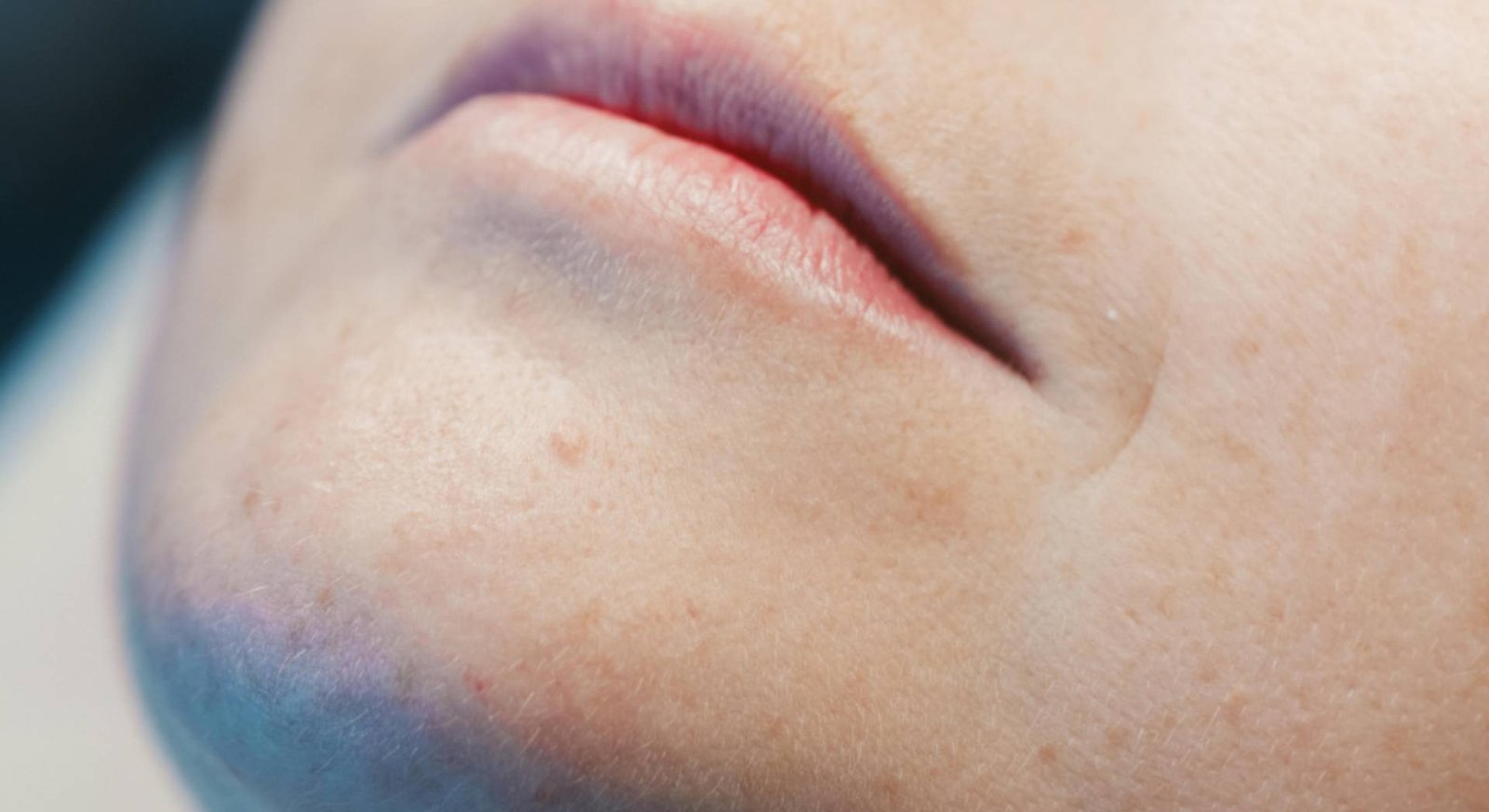Skincare is personal – what works for one person might not work for another. Whether you’re fighting acne, ageing, or just boosting skin health, what you use matters [3][4].
But not all skincare is created equal.
And when it comes down to choosing between high street favourites and medical-grade skincare the difference goes beyond the label or price, and knowing that can transform your routine and results [1][3].
What’s the Real Difference?
At first glance, both high street skincare and medical-grade skincare promise smoother, healthier, and more youthful skin. But while they may look similar on the shelf, they work in very different ways [3][7].

| High street skincare | Medical-grade skincare |
|---|---|
| Also known as over-the-counter skincare | Also called clinical skincare |
| These products are made to be widely accessible and are easy to pick up without a prescription. | These products are the real deal when it comes to science-backed results. |
| They contain lower levels of active skincare ingredients to make them safe for most people [4][6]. | They’re packed with high concentrations of active skincare ingredients. |
| They’re gentler and mostly work on the surface, giving a quick glow but not long-lasting results [4][7][8]. | They are designed to go deeper into the skin, right where issues like acne, signs of ageing, and pigmentation actually start [1][2][3]. |
Why Ingredient Strength (and Depth) Matter?
It’s not just what’s in your skincare products, it’s how deeply those ingredients absorb into your skin. Medical-grade skincare is specially made to dive deeper into your skin, reaching the layer where collagen and elastin do all the hard work to keep your skin firm and youthful [2][3].
That’s why it can make such a big difference when tackling things like wrinkles, sagging, or uneven skin tone [1][4].
For instance, a high street skincare product with vitamin C might boost your glow, but medical-grade skincare versions, with higher potency and deeper delivery, can fade pigmentation and improve firmness more effectively [3][8]. These kinds of products are usually backed by real clinical research too, so you know they’re not just all talk [1][2].
On the other hand, high street skincare is limited by regulations that cap the strength of skincare ingredients, making it less effective for serious concerns [4][8].


Who Should Use Medical-Grade Skincare?
Not everyone needs medical-grade skincare. If your skin is generally calm and you’re sticking to a preventative routine, high street skincare might be enough [4][9]. It’s a great entry point, especially if you’re new to skincare or just maintaining a good routine [6].
But if you’re dealing with persistent breakouts, pigmentation, redness or rosacea, signs of ageing, dull, or uneven texture, then medical-grade skincare is where you’ll see real change [2][6]. These products are ideal when paired with in-clinic treatments like microneedling or peels, as they support deeper skin healing [2][9].
Busting Common Skincare Myths

A Smart Investment in Your Skin
Skincare is more than just self-care, it’s a long-term investment! If your high street skincare routine isn’t delivering, medical-grade skincare could be the upgrade you need [6][7]. Clinical skincare products may cost more, but a single serum can outperform layers of over-the-counter skincare [2][8].
By choosing dermatologist-approved skincare with proven skincare ingredients, you’re setting your skin up for success. Real change isn’t about using more, it’s about choosing smarter. And we’re here to help every step of the way. If you’re curious about what medical-grade skincare could do for you, our Skin Suite Starter consultation is the perfect place to begin!

Bibliography
- Alumier. (2024). The Medical-Grade Difference. [online] Available at:
https://uk.alumiermd.com/blogs/news/the-medical-grade-difference. - Butterfly Aesthetics. (n.d.). Cosmeceutical Vs Medical Grade Skincare: Your Definitive Guide. [online] Available at:
https://www.butterfly-aesthetics.co.uk/cosmeceutical-vs-medical-grade-skincare-your-definitive-guide. - Cosmetier. (2021). How Does Medical-Grade Skincare Differ from High Street Skincare? [online] Cosmetier. Available at:
https://www.cosmetier.com/how-does-medical-grade-skincare-differ-from-high-street-skincare. - Patel, A. (n.d.). Skincare High Street versus Professional Strength Skincare. [online] Dermacare Direct. Available at:
https://www.dermacaredirect.co.uk/advice/skincare-high-street-versus-professional-strength-skincare. - Prasad, J. (n.d.). The Difference between Medigrade Skin Care and off the Shelf. [online] AP Smilecare. Available at:
https://www.apsmilecare.co.uk/blog/difference-medigrade-skin-care-off-shelf. - Pure Emporium Skin. (2021). Medical Grade Skincare Vs High Street Products. [online] Available at:
https://pureemporium.co.uk/blog-page/2021/1/26/medical-grade-skincare-vs-high-street-products. - Revital Lab. (n.d.). High Street vs. Medical Grade Skincare for Anti-Ageing. [online] Available at:
https://www.revitallab.co.uk/news/high-street-vs-medical-grade-skincare-for-anti-ageing. - Snap Beauty. (2022). What’s the Difference between Medical Grade Skincare and High Street products? [online] Available at:
https://snapbeautysalon.co.uk/whats-the-difference-between-medical-grade-skincare-and-high-street-products. - Wilson, H. (2023). Body Lotions: Medical Grade Vs High Street Brands. [online] Face Dr. Available at:
https://myfacedr.com/blogs/posts/body-lotions-medical-grade-vs-high-street.







